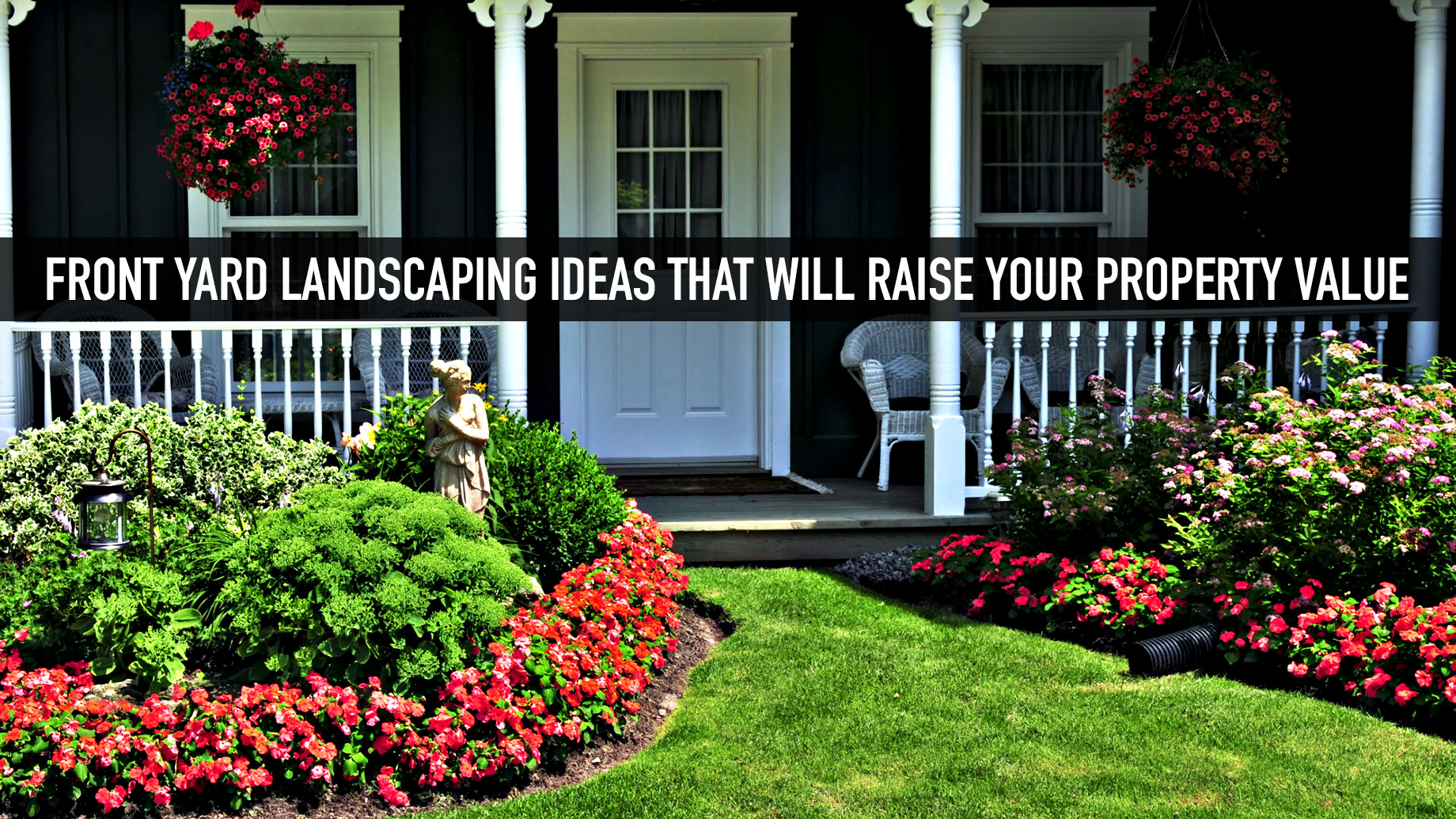Our "How to Choose the Right Plants for Your Garden Nursery" Diaries

Generating a Sustainable Garden Nursery: Tips and Techniques
If you're passionate concerning gardening and enjoy growing vegetations, generating a lasting yard baby's room may be a meeting effort. Whether you're looking to start a little edge business or yearn for to make a maintainable backyard space for your personal make use of, here are some pointers and secrets for creating an eco-friendly yard baby room.
1. Decide on the Right Location
The area of your yard baby room is essential to its sustainability. Look for an location with great drain and get access to to natural illumination. You must also consider the distance to water resources as it will definitely aid lower the quantity of water utilized in your yard.
2. Use Maintainable Components
When developing frameworks or making use of products in your backyard, decide for maintainable options whenever feasible. For instance, as an alternative of making use of addressed lumber or plastic, opt for restored wood or all-natural rock. Using recycled materials not merely lowers rubbish but likewise incorporates character and individuality to your garden.
3. Install Rainwater Harvesting Systems
Rain harvesting devices allow you to gather and store rain that drops on your home. This water can at that point be made use of for irrigation objectives, lessening the volume of faucet water required for your vegetations.
4. Apply Drip Irrigation Systems
Drip irrigation units supply water straight to grow origins, minimizing dissipation loss and guaranteeing that vegetations get only enough humidity without over-watering them.
5. Use Organic Plant foods

Chemical plant foods include hazardous poisonous substances that can easily hurt both individual health and the setting when overused or misused. As an alternative, use organic plant foods such as composted manure, worm castings or seaweed extract which are wealthy in nutrients without creating harm.
6. Compost Your Refuse
Composting is an superb technique of recycling kitchen refuse such as fruit product fragments, vegetable peeling, eggshells etc., right into nutrient-rich dirt modifications that can be used in place of chemical fertilizers.
7. Encourage Beneficial Insects & Wildlife
Encouraging helpful insects like ladybugs, bees, and butterflies can help regulate insect normally. Growing native species that entice birds and other wild animals can easily likewise generate a well balanced environment in your garden.
8. Practice Integrated Pest Management
Integrated parasite administration is a alternative method to pest command that includes utilizing all-natural methods such as launching aggressive bugs, crop turning, and companion vegetation as an alternative of chemical chemicals.
9. Opt for Native Vegetations
Native plants are conformed to the nearby environment and soil types, creating them simpler to increase without the need for additional water or plant foods. They likewise deliver habitation for nearby wild animals, aiding to preserve biodiversity in your region.
10. Steer clear of Invasive Species
Intrusive species may promptly take over a yard and damage indigenous communities if not handled adequately. Prior to adding any kind of new vegetation species to your garden, look into it extensively to make certain it's not intrusive in your area.
In You Can Try This Source , making a lasting garden nursery calls for careful strategy and interest to particular but is essentially rewarding both for you and the environment. By using maintainable components, gathering rainwater for watering functions, composting waste components right into nutrient-rich ground modifications among other factors you may dramatically minimize the ecological influence of horticulture while promoting healthy vegetations growth at the same opportunity.
